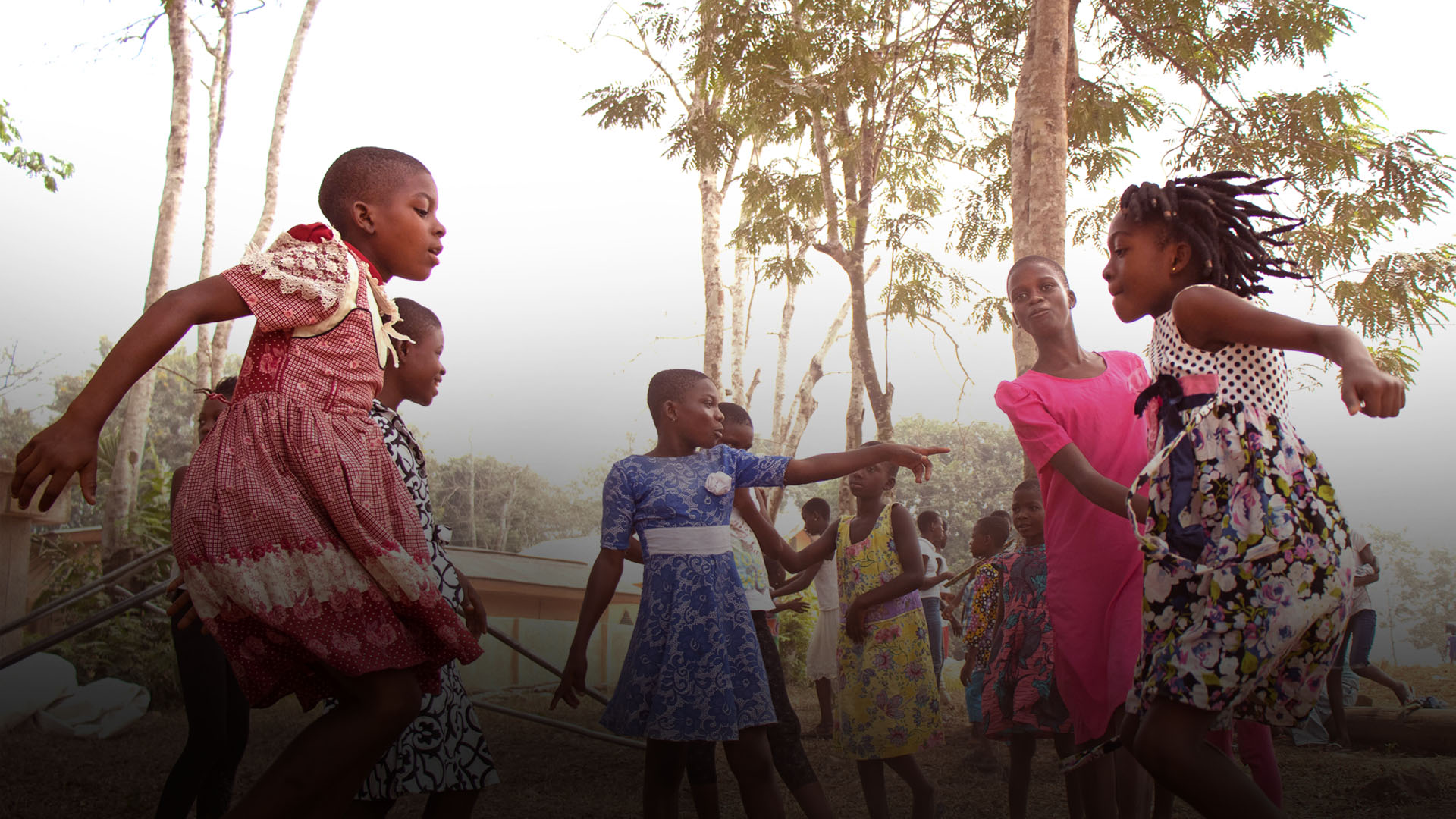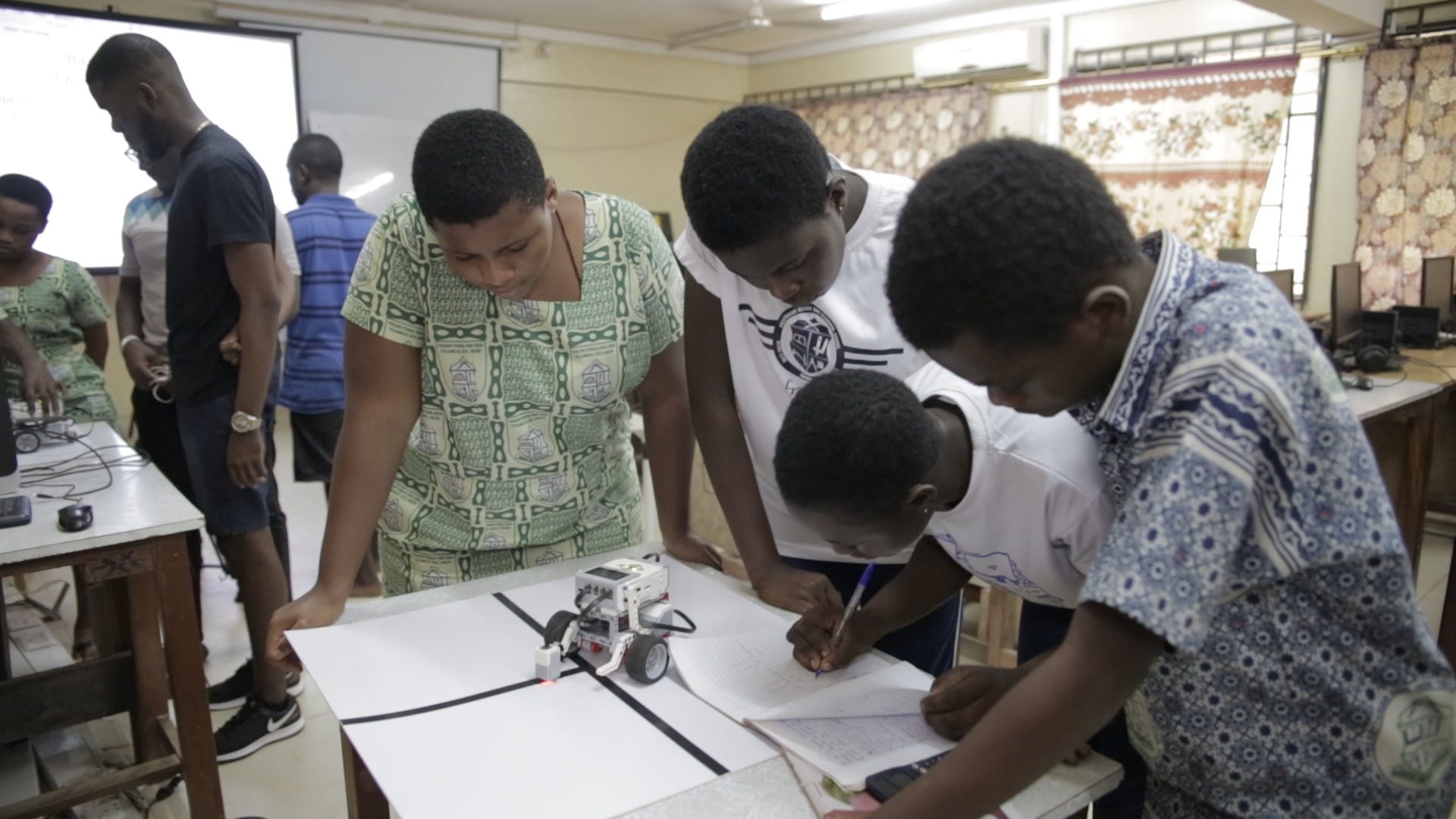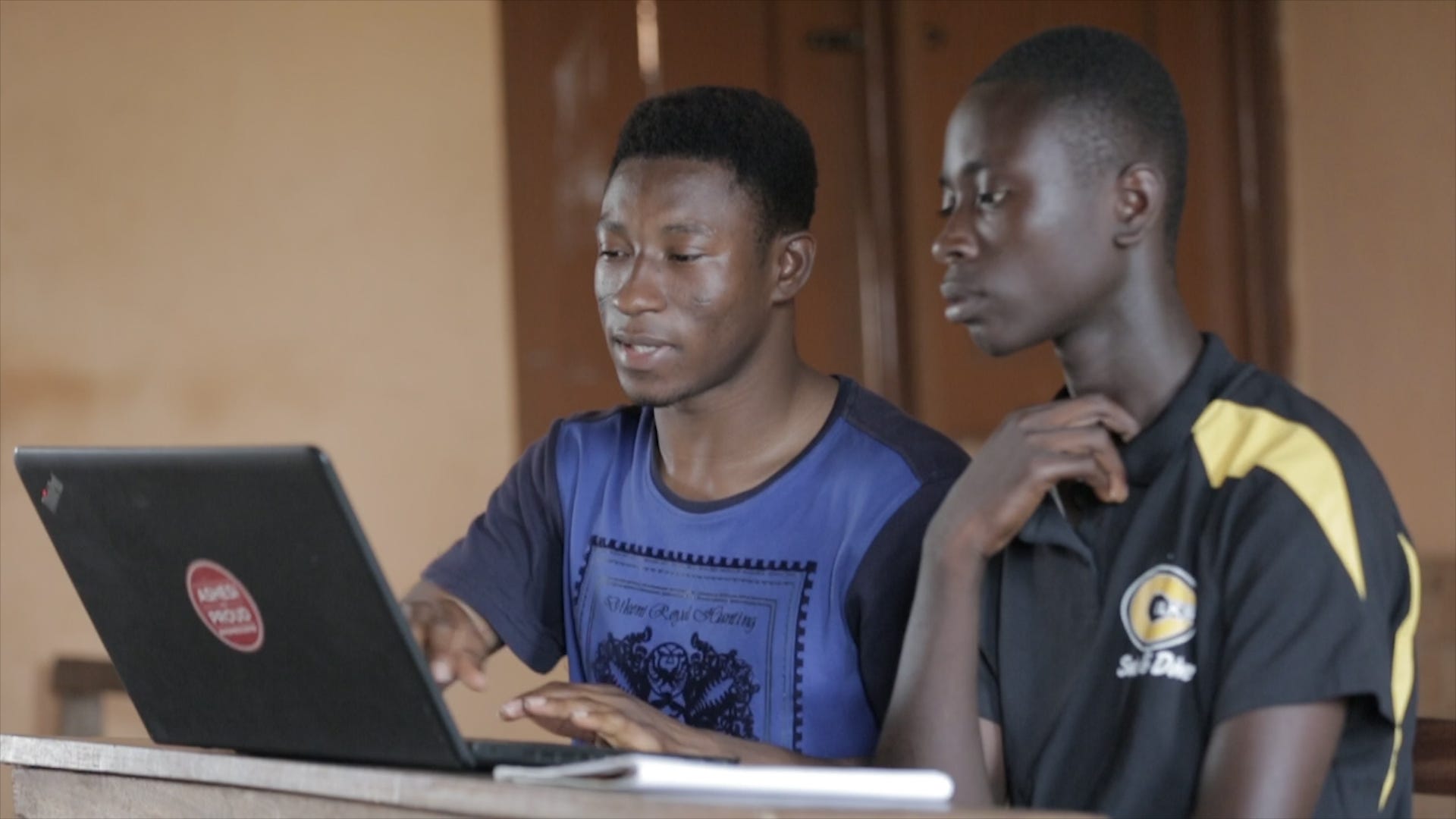
July 28, 2020
Since 2015, the Ford Foundation has partnered with Ashesi to support some 74 student-led initiatives ranging from education to agriculture, through the Fund for Service to Children and Youth. Established to support projects aimed at making a difference in the lives of disadvantaged children and youth in Ghana, the Fund has disbursed nearly $200,000, impacting some 2,000 young people in communities across Ghana.
Community service is embedded within Ashesi’s core curriculum, as part of our commitment to helping students understand their role(s) in solving social challenges around them. Through the partnership with the Ford Foundation, students could apply for up to $10,000 in funding to develop, improve, and sustain service projects focused on disadvantaged youth and children. Five years in, the Fund is leveraging its data to bring evidence to the connections between civic engagement and its impact on students’ understanding of good leadership.
“While the project beneficiaries continued to share successes, we have not been able to comprehensively measure the results of their work on all their stakeholders and themselves,” shared faculty member Rebecca Awuah, who has co-authored an initial study on the fund. Titled Leadership Education through Extracurricular Civic Engagement, the paper was published together with faculty member Dr. Sena Agyepong, alumni Prince Kwarase ’17, and Teni Agana ’18, and Community Service and Experiential Learning Manager Jude Acquaah. It is the hope that the fund will be able to provide case studies for further research on leadership and civic engagement in the years ahead.

Findings from the study grouped current impact from these projects into three parts; on the project leads, on the beneficiaries of these projects, and the Ashesi community. For most recipients, the service projects helped them develop their leadership capacities especially in the areas of project management and articulation of ideas. Across all projects also, the study found that beneficiaries experienced a sense of personal ownership of contributing to solving the challenges.
Primary school students who were direct beneficiaries of education projects, for example, showed a deepened commitment to their schooling. They showed more enthusiasm in engaging both in and out of their classroom, including participating in environmental club projects, sports, and after school design projects. Teachers in beneficiary primary schools also reported a change in the students’ attitude as they noticed the students opened up more to student volunteers about their academic challenges, which were mostly followed up with ways to sustainably overcome them.

“This initial study was inspired by our curiosity to discover the role community service plays in the lives of our students who get involved and how we could make this program more effective for all,” says Dr. Agyepong. “We used the data to explore how we could develop a local model for civic engagement. We are excited about being able to better deliver support to community projects led by our students.”
Share this story
